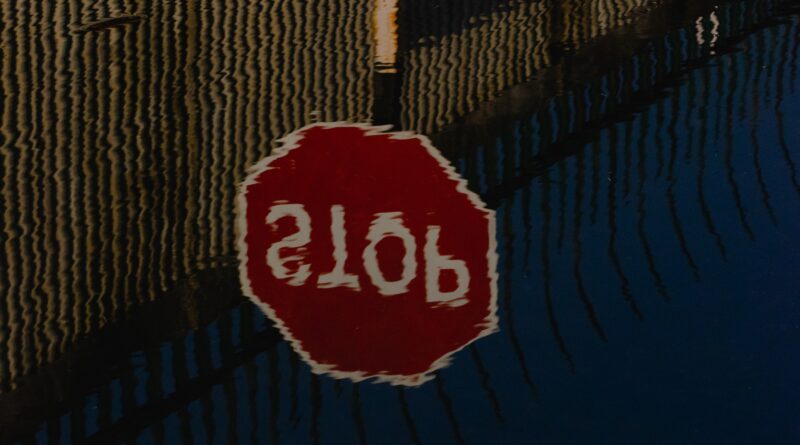Abekobe
Today, I’d like to talk about the Japanese word “abekobe”.
あべこべ
“Abekobe” means “opposite” or “reverse”, and this has been used since the Edo period.
今日は「あべこべ」という言葉を紹介します。
Example: The world in the mirror is abekobe(opposite) to the actual world.
「あべこべ」は「反対」や「逆」という意味を持つ言葉で、江戸時代から用いられるようになりました。
“A” in “abekobe” means a faraway place (“there” in English, “achira” in Japan), “ko” means a close place (“here” in English, “kochira” in Japan), and “be” means its surroundings.
使用例:鏡の中の世界はあべこべだ。
Originally, “abekobe” was “achirabe kochirabe”, but it was abbreviated.
「あ(彼)」は遠い場所(あちら)を、「こ(此)」は近い場所(こちら)を、「べ(辺)」はその周辺を意味します。
Also, there is another words “achira kochira” and “achikochi” that omit “be” in “achirabe kochirabe.”
元々「あちらべこちらべ」だったのが省略されて「あべこべ」になったそうです。
However, the main meaning is different from “abekobe”; “achira kochira” and “achikochi” means “various places.”
また、「べ」を省略して「あちらこちら」もしくは「あちこち」という言葉もあります。




